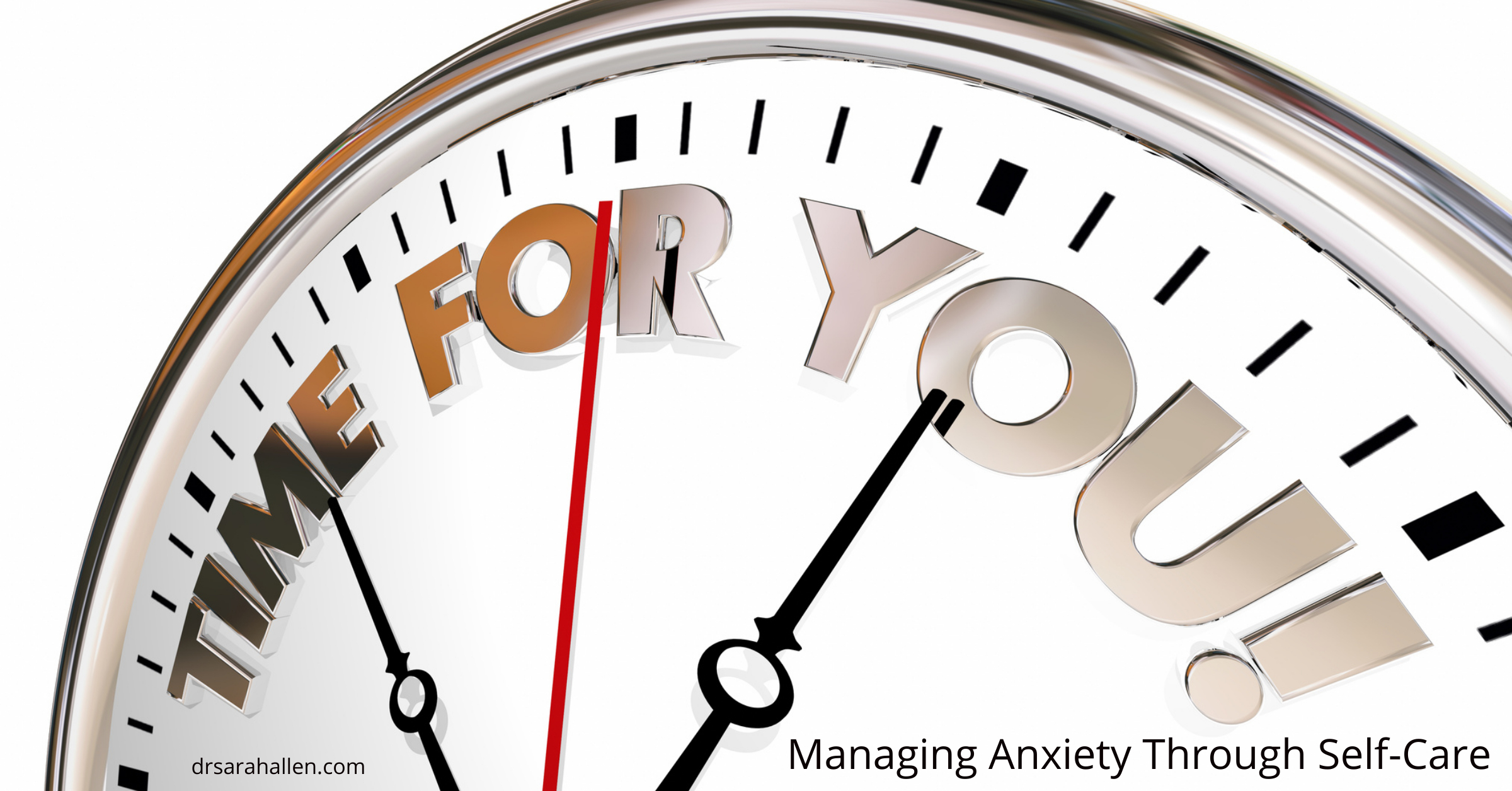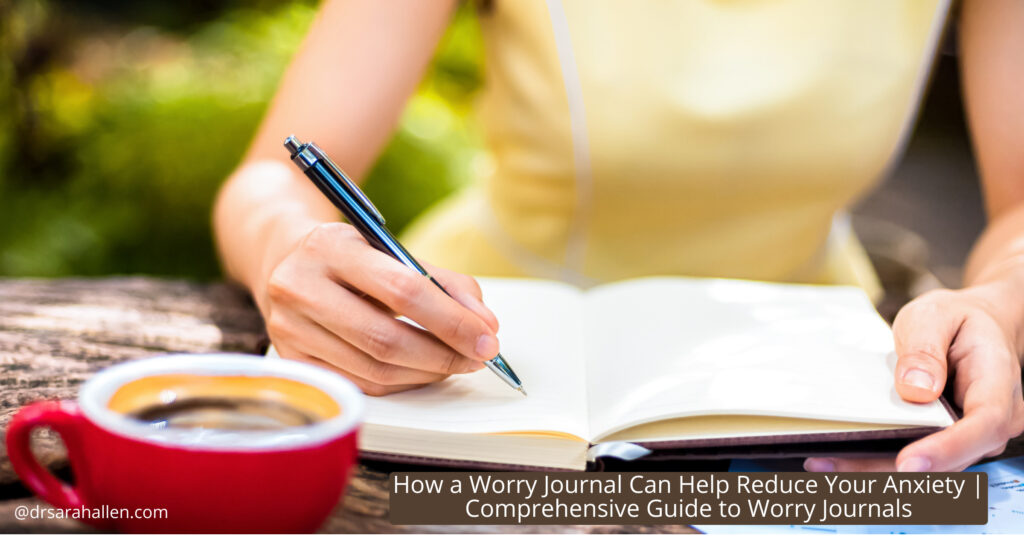
In this blog post, let’s explore various self-care techniques that can be incorporated into daily routines, promoting relaxation, mindfulness, and enhanced emotional well-being. From engaging in physical activity to practicing mindfulness and seeking professional support, these strategies will offer practical guidance on establishing and maintaining effective self-care routines amidst the challenges of anxiety.
Incorporating Physical Activity: Utilizing Exercise as an Anxiety-Fighting Tool
Physical activity is a powerful means of managing anxiety symptoms, as exercise has been proven to reduce stress and boost mood. Incorporating regular exercise into your self-care routine can be an effective and enjoyable way to alleviate anxiety and foster overall well-being. Consider the following tips for incorporating physical activity into your daily life:
- Engage in activities you enjoy, such as walking, swimming, yoga, or dancing, to maintain motivation and make exercise an enjoyable part of your routine.
- Set realistic exercise goals that align with your current fitness level and schedule, allowing for consistent progress without becoming overwhelming.
- Prioritize consistency over intensity, scheduling regular physical activity sessions throughout the week and gradually increasing intensity as needed.
- Stay mindful and present during your workouts, focusing on the physical sensations and stress-relieving benefits exercise provides.
Practicing Mindfulness and Meditation: Cultivating Presence and Relaxation
Mindfulness and meditation practices offer a sense of calm and focus, proving invaluable in managing anxiety. By developing mindfulness skills and incorporating meditation into your self-care routine, you can foster a more focused and relaxed state of mind, ideal for combating anxiety symptoms. Consider these mindfulness and meditation techniques:
- Set aside dedicated time each day for mindfulness practice, such as meditation, deep breathing exercises, or body scans.
- Integrate mindfulness into everyday activities, paying attention to your surroundings, sensations, and thoughts without judgment.
- Experiment with different meditation techniques to find the ones that best resonate with you, such as guided imagery, loving-kindness meditation, or progressive muscle relaxation.
- Be patient with your mindfulness practice, recognizing that it takes time and consistency to create lasting change in your mental state.
Nurturing Social Connections: Embracing the Power of Support and Belonging
Fostering strong social connections is essential for maintaining a balanced and fulfilling life, providing valuable emotional support in managing anxiety. By prioritizing relationships with friends, family, and loved ones, you can create a support network that offers respite and encouragement through challenging times. Consider these strategies for nurturing social connections:
- Prioritize regular check-ins with friends and family members, making time for conversations, shared activities, or virtual gatherings.
- Seek out social groups or clubs with similar interests, fostering a sense of belonging and shared experiences.
- Develop communication skills that encourage openness, trust, and vulnerability, building deeper and more meaningful connections with others.
- Lean on your support network when anxiety threatens to overwhelm, allowing others to provide reassurance, guidance, and practical assistance.
Seeking Professional Help for Anxiety Management: The Support of an Experienced Therapist
For some individuals, managing anxiety through self-care routines may also require the guidance of a professional therapist. Therapy sessions can offer a safe and supportive space for discussing your anxiety, developing personalized coping strategies, and working through underlying contributing factors. Consider these factors when seeking professional help for anxiety management:
- Research available therapists with extensive experience in treating anxiety, considering their qualifications, therapeutic approach, and how easy you find it to speak with them.
- Prepare for sessions by identifying specific anxiety triggers, symptoms, and coping mechanisms, enabling targeted support and guidance.
- Speak openly and honestly with your therapist during sessions, providing insight into your anxiety experience and treatment goals.
- Practice patience and persistence, understanding that lasting change in anxiety management requires time, commitment, and personal growth.
Managing anxiety through self-care routines involves the incorporation of physical activity, mindfulness and meditation practice, nurturing social connections, and seeking professional help when needed. By adopting these strategies, you can feel less overwhelmed, less stressed and ready to effectively combate the challenges life presents.

If you have any questions, or would like to set up an appointment to work with me and learn how to reduce anxiety, please contact me at 847 791-7722 or on the form below.
If you would like to read more about me and my areas of specialty, please visit Dr. Sarah Allen Bio.
Dr. Allen’s professional license only allows her to work with clients who live in IL & FL & the UK and unfortunately does not allow her to give personalized advice via email to people who are not her clients.
Dr. Allen sees clients in person in her Northbrook, IL office or remotely via video or phone.

What Can I Read That Helps Me While I Am Waiting For My First Appointment With Sarah?
Download this free booklet to gain valuable insights and practical strategies for managing anxiety and worrying.



























